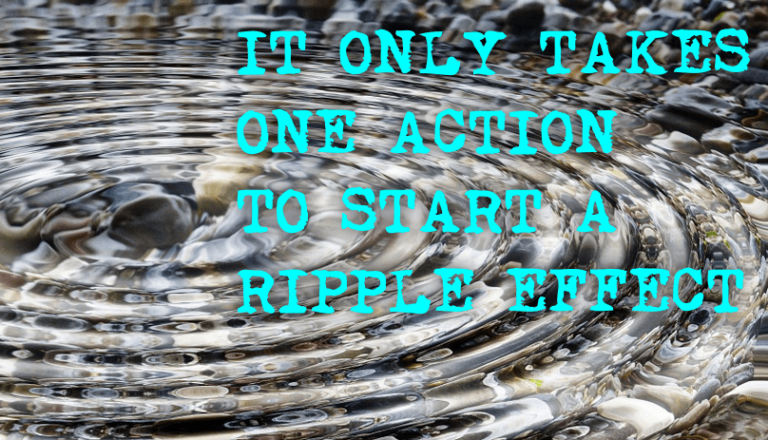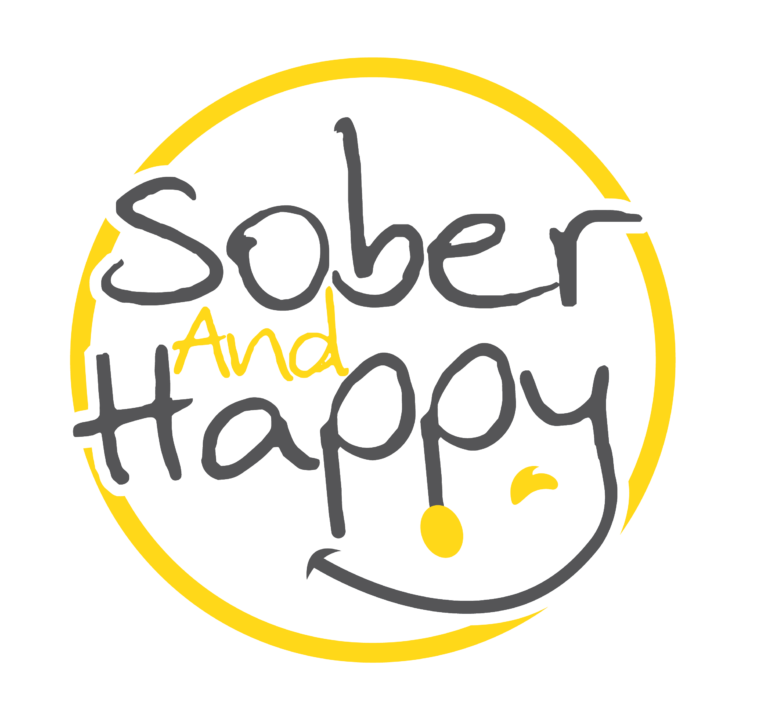

Tim Phillips
I love sharing my journey from being hopeless, to getting sober, to learning how to eventually be both sober and happy. to learning how to eventually be both sober and happy.

For those of us on the path to recovery, worry can feel like an unwelcome companion, stealing joy and holding us back from living fully. But here’s the thing—worry doesn’t just drain our happiness. It saps our progress, energy, and even our dreams.
At its core, worry is fear projected into the future. It’s a mental habit of imagining worst-case scenarios, often far removed from reality. For many of us, addiction was tied to numbing these worries—whether about relationships, the future, or everyday stressors. But when we get sober, those old worries often resurface without the crutch of alcohol or drugs to quiet them.
Think of it this way: Imagine you’re on a road trip. Instead of enjoying the journey, you obsess over everything that could go wrong—the car breaking down, bad weather, or getting lost. You’re so consumed by worry that you miss the beauty around you. That’s what worry does in recovery. It robs us of the present moment and pulls us into an endless loop of “what-ifs.”
The first step in letting go of worry is recognizing it for what it is—often a distorted picture of reality. Worry paints a bad movie in our heads, exaggerating problems and making us believe disaster is just around the corner. The truth? Most of the things we worry about never happen.
One category of worry to watch out for is over-preparation for the unknown. For instance, if you’re heading to a social event where alcohol will be present, it’s natural to want to be prepared. But that preparation can quickly spiral into imagining worst-case scenarios: “What if someone offers me a drink? What if they don’t accept my excuse? What if they think I’m no fun?” Suddenly, you’ve talked yourself out of going before the event even happens.
Another big culprit is worrying about things we can’t control. Think of the countless hours spent fretting over outcomes beyond our power to change. All that worry doesn’t solve the problem or influence the outcome—it only drains your energy and leaves you feeling more stressed.
For many in recovery, worry centers on the fear of relapse. Early in sobriety, I was so paranoid about relapsing that I felt trapped. I was constantly told in meetings to stay hyper-vigilant because alcohol was “doing pushups in the bushes, waiting to pounce.” This mindset kept me obsessing about alcohol—ironically, the very thing I was trying to avoid.
The best way to combat worry is by filling your life with positive action. Worry is like a weed—it grows without intentional care. But when you focus on gratitude, healthy habits, and meaningful relationships, there’s less room for worry to take root.
Here are a few guiding principles to help you worry less:
Finally, understand that life will always have its seasons. There will be moments of struggle and moments of joy. Worry tricks us into believing the tough times will last forever, but they never do. Recovery is about moving through those seasons with resilience and gratitude, knowing that better days are always ahead.
Worry only has power if you let it. The more you focus on living fully—taking steps toward your goals, embracing the present moment, and surrounding yourself with positivity—the less space worry has to take over.
So, make a choice today: Worry less. Live more. For deeper insights into overcoming worry and finding peace in sobriety, tune into this episode of The Sober and Happy Podcast.

I love sharing my journey from being hopeless, to getting sober, to learning how to eventually be both sober and happy. to learning how to eventually be both sober and happy.




Join our mailing list to receive the latest news and updates from our team.






Copyright © 2023 by Sober and Happy. All rights reserved.

Join our mailing list to receive the latest news and updates from our team.